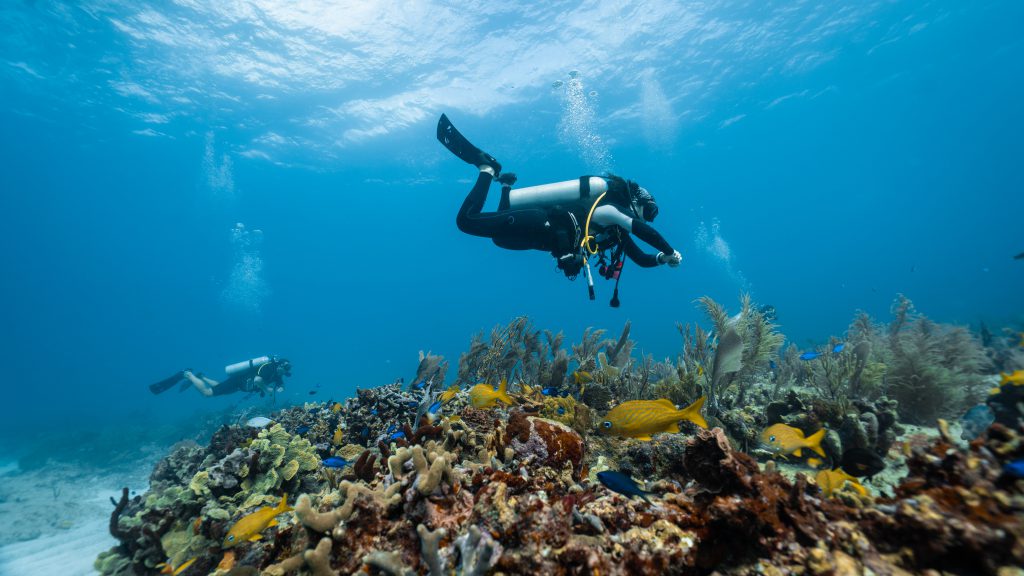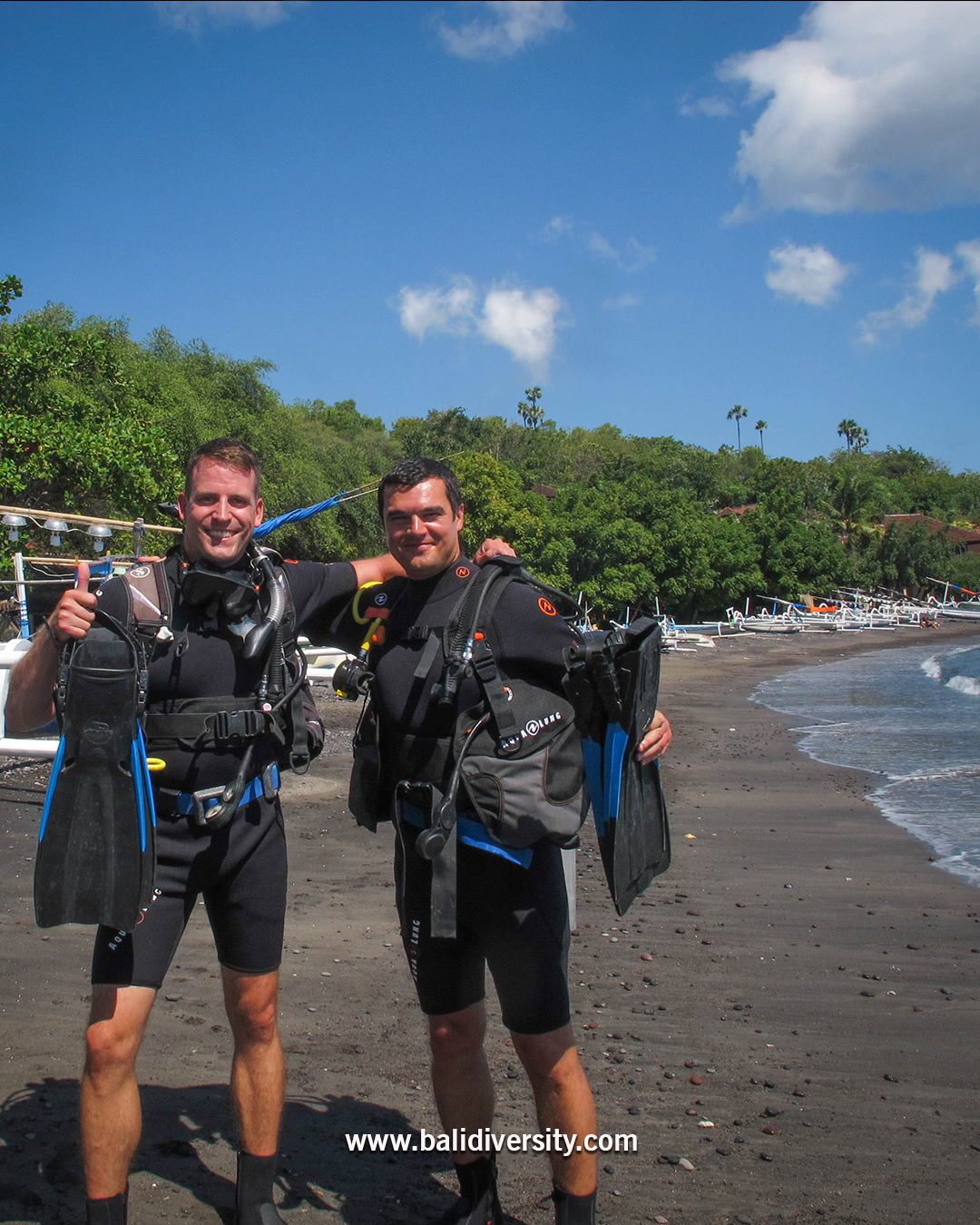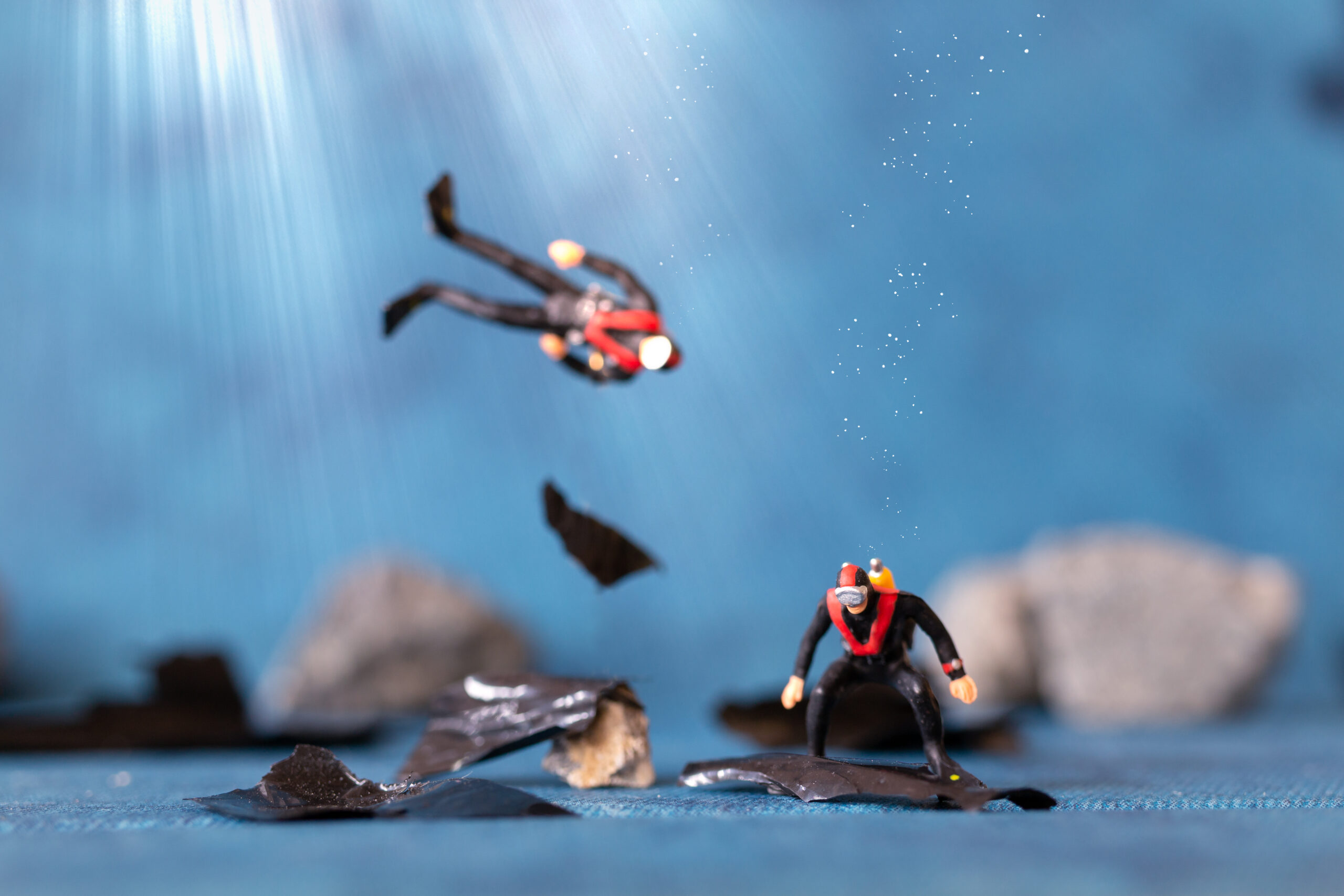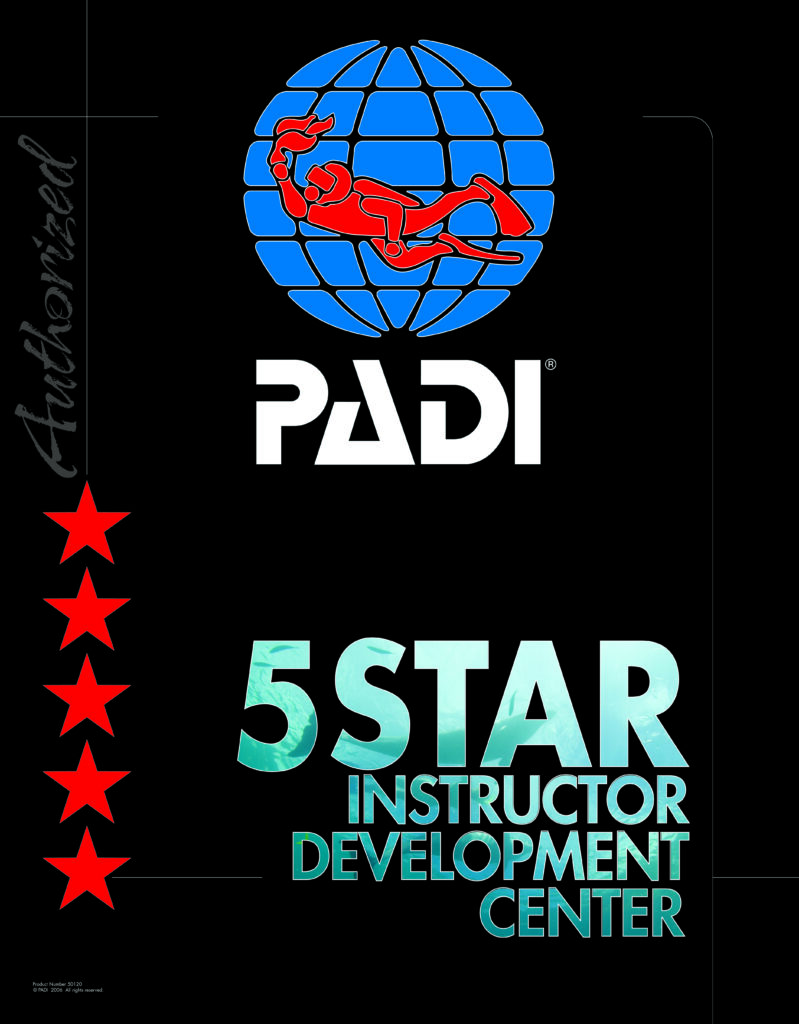Scuba diving is an exciting and transformative experience, especially for new divers eager to explore the underwater world. However, like any new adventure, it comes with a learning curve. That’s why understanding the 10 common beginner diving mistakes to avoid is essential. By recognizing and preventing these pitfalls, you can make your diving journey safer, more enjoyable, and truly unforgettable.
1. Skipping the Pre-Dive Safety Check
One of the most important steps before any dive is the pre-dive safety check, commonly known as BWRAF (BCD, Weights, Releases, Air, Final Check). Beginners often overlook this step due to excitement or nervousness.
Why It Matters: A proper safety check ensures your equipment is functioning correctly and you’re prepared for the dive.
How to Avoid: Follow your instructor’s guidance and make this step a habit. Use a mnemonic like “Begin With Review And Friend” to remember the sequence.
2. Not Controlling Your Buoyancy
Buoyancy control is a fundamental skill that takes practice. Many new divers struggle with maintaining neutral buoyancy, leading to uncontrolled ascents or descents.
Why It Matters: Proper buoyancy helps you conserve air, protect marine life, and enjoy a more comfortable dive.
- How to Avoid: Practice regularly in a controlled environment. Enroll in our Advanced Open Water Course or PADI Peak Performance Buoyancy Course to refine your skills. Make sure you are properly weighted and do a weight check before the dive if you are unsure, using new equipment or changing diving environment.
Have a look at our Blog Article about Buoyancy Control.


3. Holding Your Breath
Breathing continuously is a key rule in scuba diving. Beginners sometimes instinctively hold their breath, especially when nervous or descending.
Why It Matters: Holding your breath can lead to lung overexpansion injuries and other complications.
How to Avoid: Focus on slow, deep breaths. If you feel anxious, signal to your buddy or instructor. Try to relax, remember your training and count the fish around you if need.
4. Overweighting
Many new divers think carrying extra weights will make diving easier, but it often leads to difficulty in controlling buoyancy and maneuvering underwater.
Why It Matters: Excess weight can increase fatigue and reduce your ability to ascend smoothly.
How to Avoid: Work with your instructor to determine the correct amount of weight for your body and gear. Test this during your Open Water Course. Practice weight check on the surface. Keep note in your logbook of the amount of weights you use with the equipment for that dive for further reference.
5. Ignoring Air Consumption
New divers sometimes focus so much on the surroundings that they forget to monitor their air supply regularly.
Why It Matters: Running low on air can cut a dive short or lead to dangerous situations.
How to Avoid: Check your pressure gauge frequently and communicate with your buddy. Learn to pace your breathing to conserve air.

6. Neglecting Buddy Communication
Good communication is essential for a safe and enjoyable dive. Beginners sometimes forget to check in with their buddy or signal effectively.
Why It Matters: Clear communication ensures that both you and your buddy are aware of each other’s status.
How to Avoid: Practice hand signals and maintain regular visual contact with your buddy.
7. Touching Marine Life
Beginners often feel tempted to touch coral, fish, or other underwater creatures.
Why It Matters: Touching marine life can harm fragile ecosystems and pose risks to your safety.
How to Avoid: Follow the “look, don’t touch” rule. Respect the underwater world and learn about marine conservation through PADI eco-diving blog article.
8. Not Equalizing Properly
Failing to equalize pressure in your ears during descents can lead to discomfort or even barotrauma.
Why It Matters: Equalizing allows you to descend comfortably and protects your ears from damage
How to Avoid: Equalize early and often—before discomfort starts. Use techniques like pinching your nose and gently blowing, wiggling your jaw side to side or swallowing your saliva. Do not hesitate to signal your buddy or your dive professional if you struggle to equalize and take your time if need be.
9. Ascending Too Quickly
Rapid ascents can cause decompression sickness, or lungs overexpansion.
Why It Matters: Slow ascents allow your body to safely release nitrogen absorbed during the dive.
How to Avoid: Ascend no faster than 18 meters (60 feet) per minute.Most computers will have more conservative ascent rates so use your dive computer to monitor your speed and perform a safety stop of 3 minutes at 5 meters (15 feet).
10. Overpacking Gear
New divers sometimes bring unnecessary items on their dives, which can make the experience more cumbersome and less enjoyable.
Why It Matters: Excess gear creates drag, increases fatigue, and can become a distraction. One common example is bringing a camera too soon—many beginners are eager to take underwater pictures right away. However, without solid control of your buoyancy and basic skills, using a camera can compromise your safety and the quality of your dive.
How to Avoid: Stick to the essentials: dive computer, mask, fins, snorkel, wetsuit, and regulator. Master your core diving skills first, then gradually add tools like cameras. Consult our Gear Checklist for beginner-friendly recommendations.

Ready to Start Diving the Right Way?
These 10 common beginner diving mistakes to avoid will help you dive safely and confidently. At Bali Diversity Dive Resort, our PADI-certified instructors provide comprehensive training and personalized guidance to ensure you have the best possible diving experience.
Check out our courses and resources to get started on your diving journey today!



